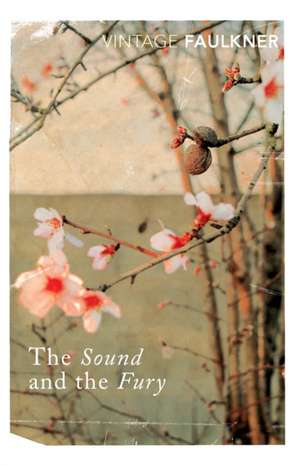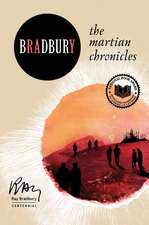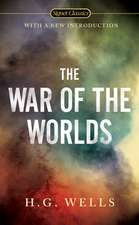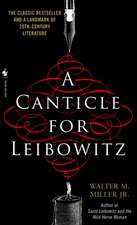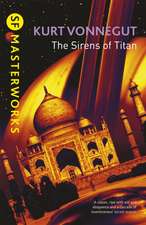The Sound and the Fury
Autor William Faulkneren Limba Engleză Paperback – 19 ian 1995
A complex, intense American novel of family from the winner of the Nobel Prize for LiteratureWith an introduction by Richard HughesEver since the first furore was created on its publication in 1929, The Sound and the Fury has been considered one of the key novels of this century. Depicting the gradual disintegration of the Compson family through four fractured narratives, the novel explores intense, passionate family relationships where there is no love, only self-centredness. At its heart, this is a novel about lovelessness - 'only an idiot has no grief; only a fool would forget it.
What else is there in this world sharp enough to stick to your guts?'
| Toate formatele și edițiile | Preț | Express |
|---|---|---|
| Paperback (6) | 47.73 lei 3-5 săpt. | +15.11 lei 5-11 zile |
| Penguin Publishing Group – 2 dec 2025 | 47.73 lei 3-5 săpt. | +15.11 lei 5-11 zile |
| Random House – 19 ian 1995 | 54.62 lei 24-30 zile | +23.29 lei 5-11 zile |
| W. W. Norton & Company – 11 feb 2014 | 127.61 lei 3-5 săpt. | +19.34 lei 5-11 zile |
| Mint Editions – 18 noi 2025 | 88.46 lei 17-23 zile | |
| UNION SQUARE & CO – 3 feb 2026 | 58.14 lei Precomandă | |
| Penguin Publishing Group – 2 iun 2026 | 91.58 lei Precomandă | |
| Hardback (6) | 84.74 lei 24-30 zile | +39.98 lei 5-11 zile |
| EVERYMAN – 19 mar 1992 | 84.74 lei 24-30 zile | +39.98 lei 5-11 zile |
| Mint Editions – 18 noi 2025 | 103.80 lei 3-5 săpt. | |
| KUPERARD (BRAVO LTD) – 30 ian 2000 | 131.17 lei 3-5 săpt. | |
| Blackstone Publishing – 7 ian 2025 | 136.67 lei 3-5 săpt. | |
| Ancient Wisdom Publications – 2 ian 2025 | 151.95 lei 6-8 săpt. | |
| Penguin Publishing Group – 2 iun 2026 | 143.53 lei Precomandă |
Preț: 54.62 lei
Preț vechi: 68.61 lei
-20% Nou
9.67€ • 11.34$ • 8.48£
Carte disponibilă
Livrare economică 08-14 ianuarie 26
Livrare express 20-26 decembrie pentru 33.28 lei
Specificații
ISBN-10: 0099475014
Pagini: 288
Dimensiuni: 131 x 195 x 21 mm
Greutate: 0.21 kg
Editura: Random House
Colecția Vintage
Locul publicării:United Kingdom
Notă biografică
Rejected by the US military in 1915, he joined the Canadian flyers with the RAF, but was still in training when the war ended. Returning home, he studied at the University of Mississippi and visited Europe briefly in 1925.
His first poem was published in The New Republic in 1919. His first book of verse and early novels followed, but his major work began with the publication of The Sound and the Fury in 1929. As I Lay Dying (1930), Sanctuary (1931), Light in August (1932), Absalom, Absalom! (1936) and The Wild Palms (1939) are the key works of his great creative period leading up to Intruder in the Dust (1948). During the 1930s, he worked in Hollywood on film scripts, notably The Blue Lamp, co-written with Raymond Chandler.
William Faulkner was awarded the Nobel Prize for Literature in 1949 and the Pulitzer Prize for The Reivers just before his death in July 1962.
